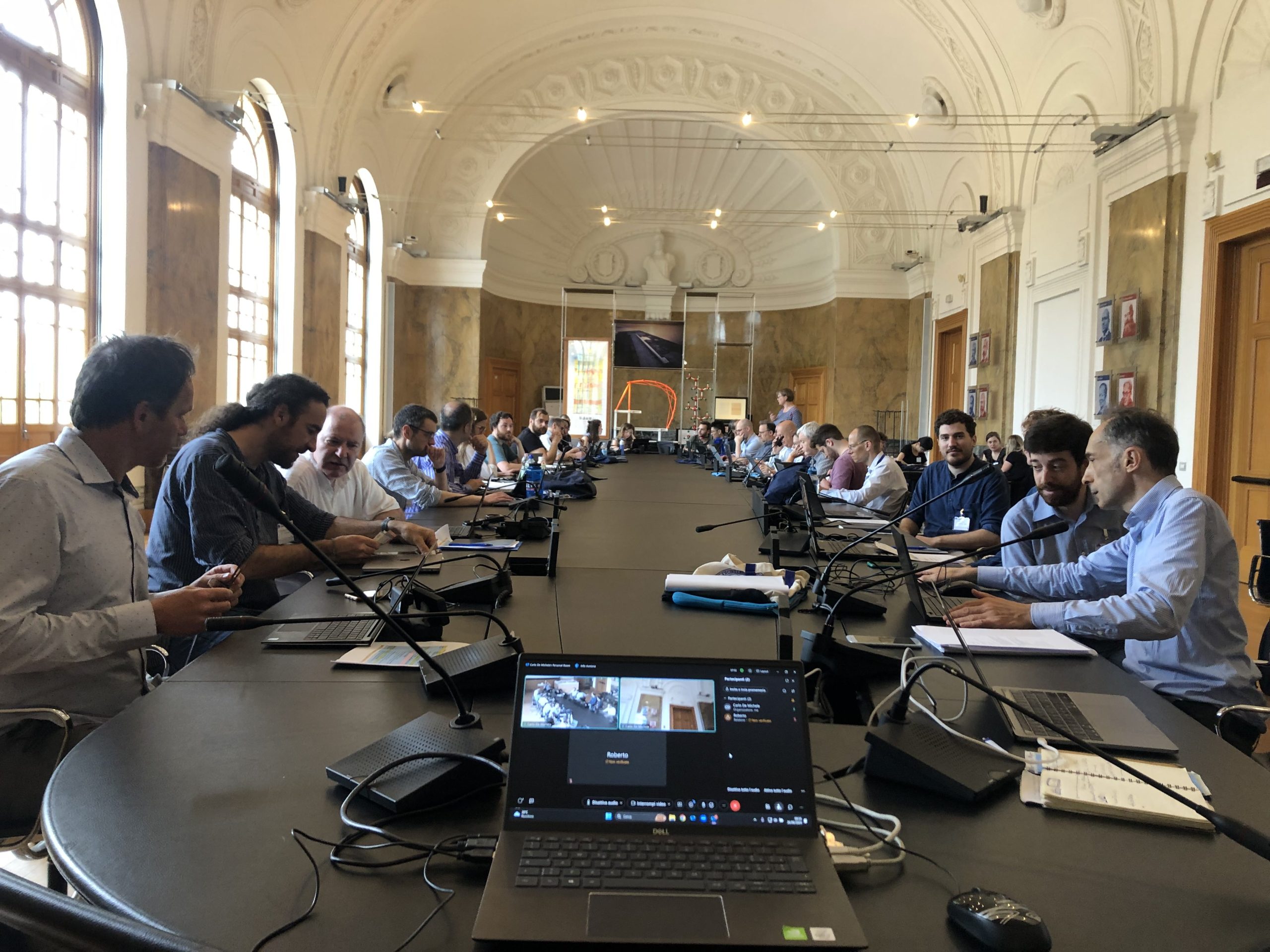The third round of OpenSense Short-Term Scientific Missions (STSMs) has started!
STSMs are institutional exchanges allowing researchers and innovators to visit an institution or laboratory in another COST member country. The STSM gives the opportunity to scientists of gaining new knowledge or access to equipment or techniques not available in the home institution, as well as to establish new long-term international collaborations.

Apply before 31 October 2024. You can find all the information on how to apply and eligibility criteria here.
Overall, during the previous round (NOV 2022 – OCT 2023) the STSMs covered a diverse range of topics, including data fusion, benchmarking, dataset evaluation, anomaly analysis, machine learning, and hydrological modeling, showcasing the versatility and collaborative nature of the OpenSense project:
1. Merging Precipitation Measurements in Urban Areas:
- Workshop and progress meetings.
- Creation of a data product containing (Commercial Microwave Links) CML and (Personal Weather Station) PWS data.
- Data filtering initiated for opportunistic data types.
- Goals achieved: analysis of merging weather radar data, cross-border analysis, and data fusion methods.
- Joint scientific publication planned.
2. Benchmarking CML Processing Methods:
- Comparison of common CML sampling methods.
- Use of rainlink and pycomlink methods in Python.
- First-of-its-kind comparison of CML processing routines.
- Code to be published on GitHub.
- Contribution to Action’s WG2 goals and Deliverable D2.4.
3. Evaluating EURADCLIM for Opportunistic Sensors (OS) Benchmarking:
- Evaluation of the European climatological high-resolution gauge-adjusted radar rainfall dataset.
- Focus on Prague region.
- Successful learning about EURADCLIM and networking achievements.
4. Analysis of CML Signal Anomalies:
- Original focus on CML anomalies.
- Discussion on data gaps during intense rain events.
- Analysis of power network disturbances.
- Valuable dataset from the University of Augsburg discussed.
5. Research Stay at TU Delft for CML Data in Rainfall Detection:
- Collaboration on data from Telenet, the Belgian telecom provider.
- Promising results for future applications in Belgium and Sub-Saharan Africa.
6. Investigating CML Data in Lombardy:
- Exploration of CML data’s effectiveness in extreme rainfall events.
- Collaboration with Professors Roberto Nebuloni and Carlo de Michele.
- Contribution to improving understanding of extreme rainfall events.
7. Discharge Prediction from CML and Raingauge Hydrological Model:
- Initial focus on rainfall estimation from CML.
- Statistical analysis of raw CML data.
- Contribution to research agenda on OS processing and uncertainty assessment.
These diverse topics were covered, showcasing the versatility and collaborative nature of the OpenSense project.
Don’t miss out on this opportunity to make a global impact in the field of precipitation sensing. Join OpenSense STSMs and be part of a transformative research journey here!



